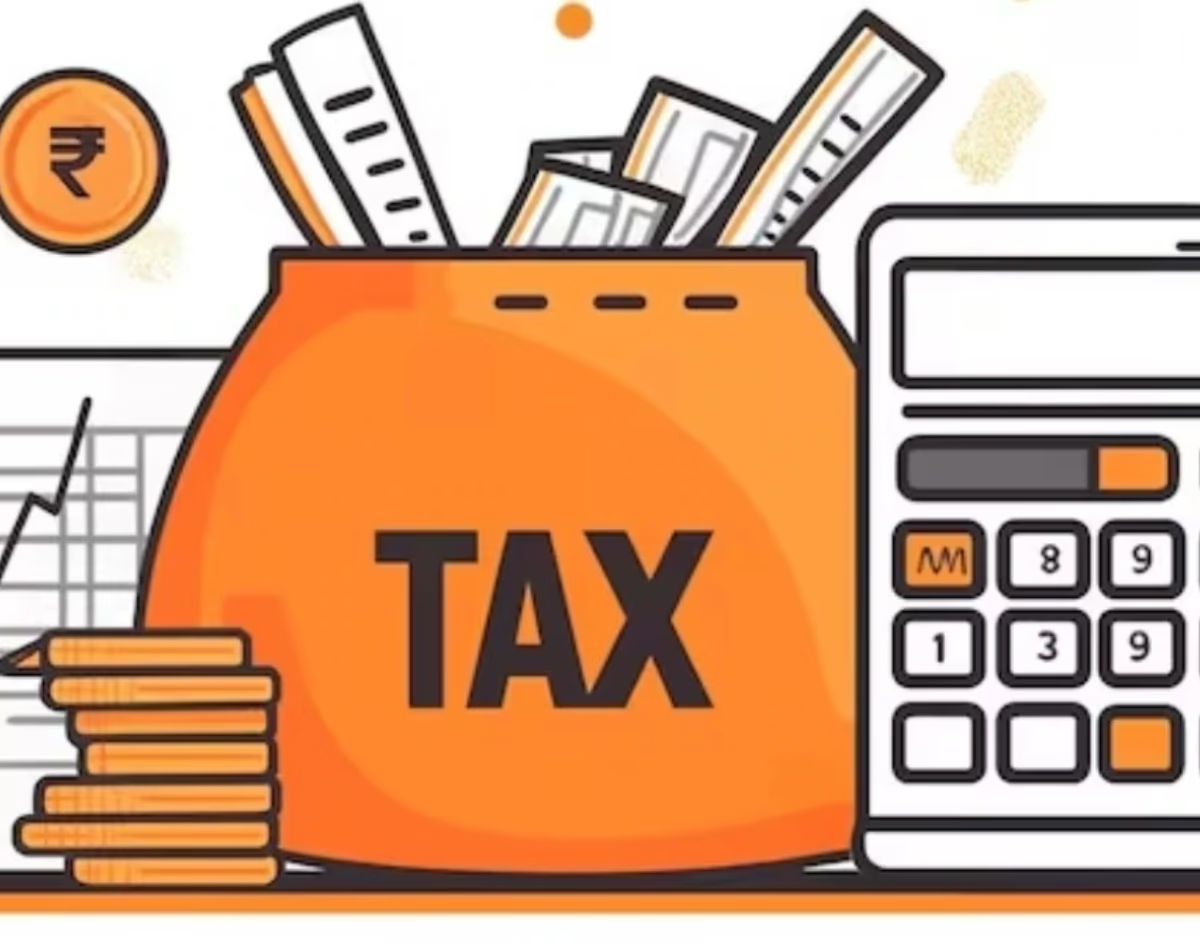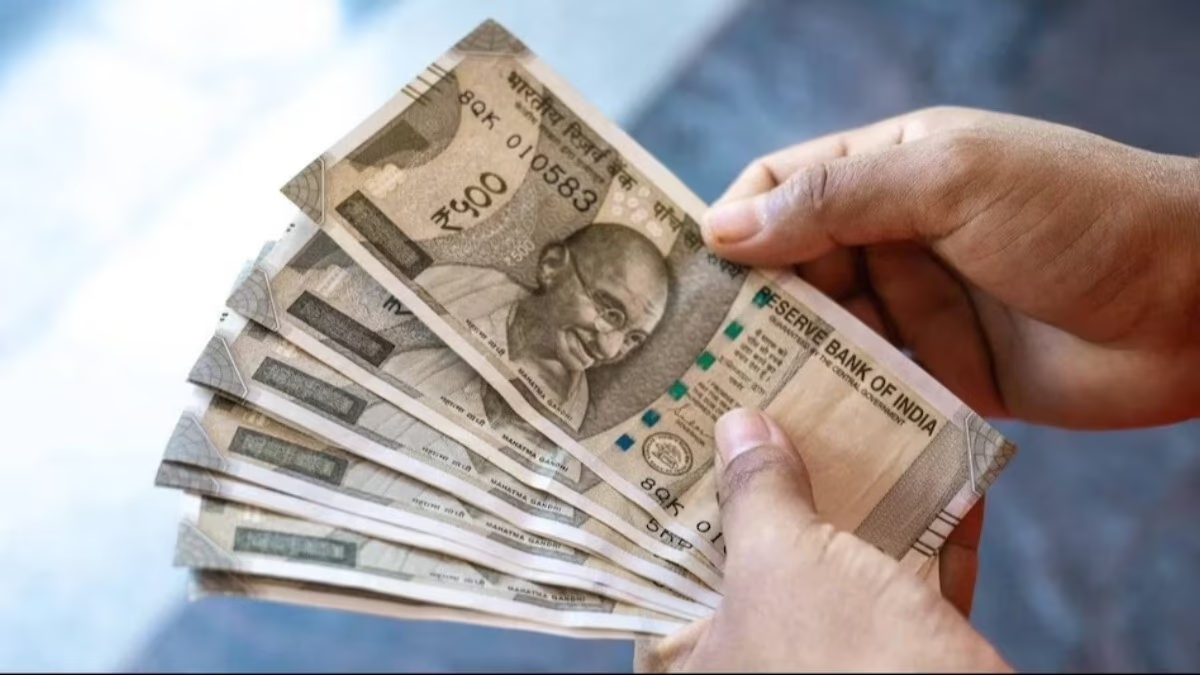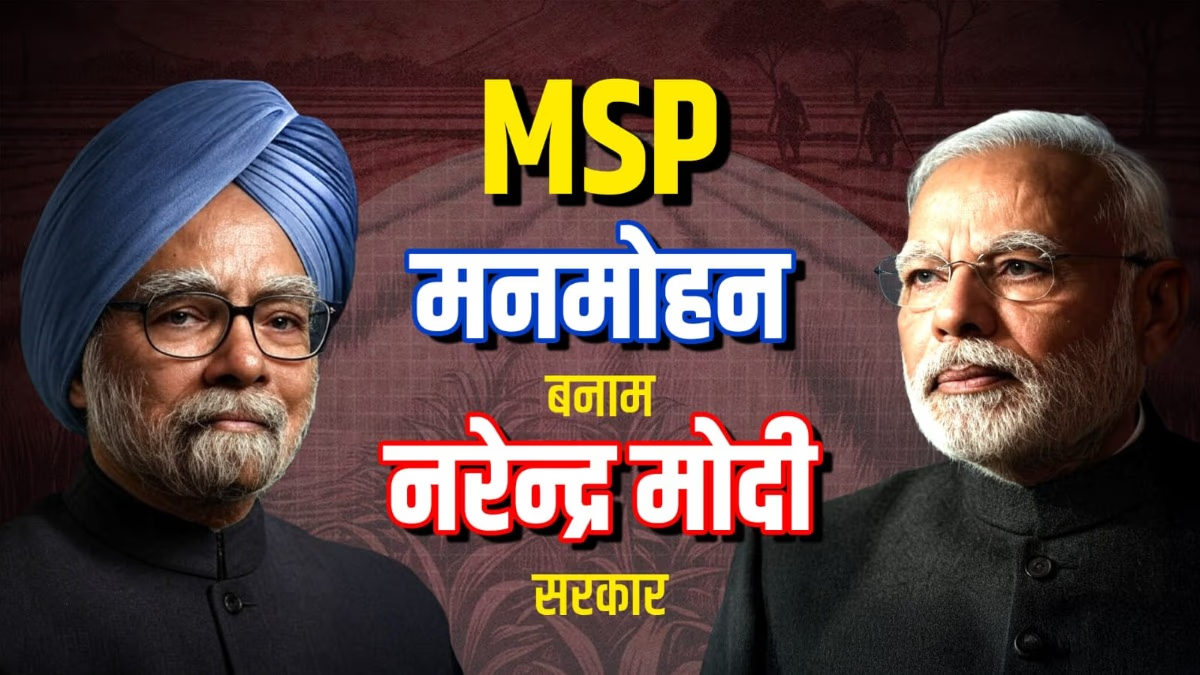As March comes to an end, the dawn of a new tax year is upon us, bringing significant transformations. Commencing on April 1, 2025, is a suite of impactful changes from LPG cylinder prices to your bank account details. If you're someone who leverages credit cards from SBI or other banks, anticipate updates in the rules there too. Let's explore these imminent changes in detail...
Changes in LPG Prices
Every beginning of the month, oil and gas distribution companies revise the prices of LPG cylinders, and April 1, 2025, is no exception. Recently, prices for the 19-kg LPG cylinder have fluctuated, while kitchen gas cylinder prices have remained steady. With the new fiscal year, there's anticipation for price relief on the 14-kg cylinders.

Source: aajtak
Apart from this, prices for CNG, PNG, and air turbine fuel (ATF) are revised, bringing potential fluctuations. CNG price changes could impact your travel costs, while increased ATF prices might make air travel pricier.
Credit Card Rule Adjustments
Effective April 1, 2025, changes in credit card regulations will affect rewards and services. Notably, SBI is set to reduce Swiggy rewards on the SimplyCLICK card by half. Air India Signature points will drop from 30 to 10, and IDFC First Bank will discontinue Vistara milestone benefits.
Bank Account Rule Modifications
Starting April 1, ICICI Bank and Punjab National Bank, along with other institutions, are revising rules for savings accounts. The new sector-wise limit for minimum balance might lead to fines if account holders don't maintain it.

Source: aajtak
Inactive UPI Accounts Closed
The next change pertains to UPI. Inactive UPI-linked mobile numbers will be removed from bank records. If your phone is linked to a UPI app, consider that inactivity could end its services.
Tax Reforms
In Budget 2025, significant announcements were made, sparking changes from tax slab modifications to TDS and rebates. Replacing the old Income Tax Act of 1961, the new bill proposes that individuals earning up to 1.2 million INR annually will be tax-exempt. Additionally, salaried employees will receive a standard deduction of 75,000 INR, resulting in a taxable income ceiling of 1.275 million INR. However, this is only applicable under the new tax regime option.

Source: aajtak
Moreover, TDS regulations are updated, aiming to reduce unnecessary deductions and improve cash flow for taxpayers. For example, TDS exemption limits on interest income for senior citizens are now doubled to 100,000 INR, enhancing financial security. Similarly, rental income exemption limits have increased to 600,000 INR annually, easing the burden on landlords and potentially boosting the rental market in urban areas.




